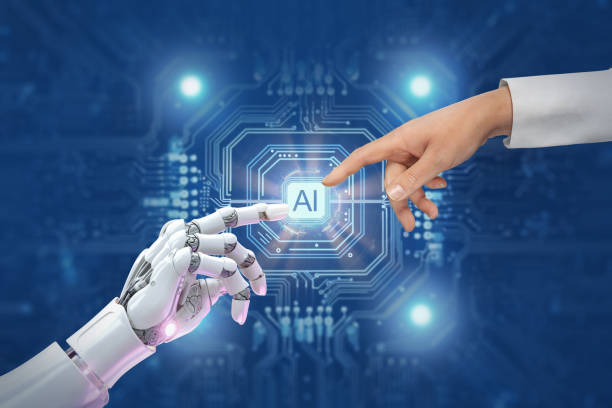Artificial Intelligence: Shaping the Technological Future
of precision that equals or surpasses that of human professionals. These technologies improve patient outcomes by decreasing errors and expediting the diagnosing process. Furthermore, by examining trends in data from multiple sources, AI systems can forecast disease outbreaks, allowing for proactive public health measures.
Artificial intelligence (AI) algorithms are transforming trading and investment methods in the financial sector. Artificial intelligence (AI) is used by high-frequency trading algorithms to evaluate market data and execute trades at speeds and frequencies that are unmatched by humans. Artificial intelligence (AI)-driven chatbots offer round-the-clock customer care, providing individualized help and quickly addressing problems.
Through tailored learning platforms, AI is revolutionizing the way that students learn in the field of education. These platforms adjust to the demands of each individual learner, giving them feedback and courses that are specific to their areas of strength as well as shortcomings. In addition, AI tutors can enhance conventional classroom instruction by answering questions and providing explanations in real-time.
Even if AI has a lot to offer, there are obstacles and ethical questions it also poses. Concerns including algorithmic bias, data privacy, and the effect on employment need to be carefully considered and regulated. To fully utilize AI for the good of society, it will be essential to strike a balance between innovation and accountability as the technology develops.
One of the most revolutionary technologies of the modern era is artificial intelligence (AI), which has the potential to completely redefine human capabilities and disrupt entire industries. Fundamentally, artificial intelligence (AI) is the computer simulation of human intelligence that is capable of independent thought, learning, and problem-solving. With little assistance from humans, AI systems can now evaluate enormous volumes of data, spot trends, and make judgments. Artificial Intelligence is now pervasive in daily life, influencing how we work, communicate, and engage with technology. Examples of this include self-driving cars and virtual assistants like Alexa and Siri.
Conclusion
Artificial intelligence heralds a new era in technological advancement by providing hitherto unseen chances to boost productivity, sharpen judgment, and take on challenging problems in a variety of domains. We can negotiate the challenges ahead and provide the foundation for a future where humans and machines work together by using AI responsibly and ethically.

